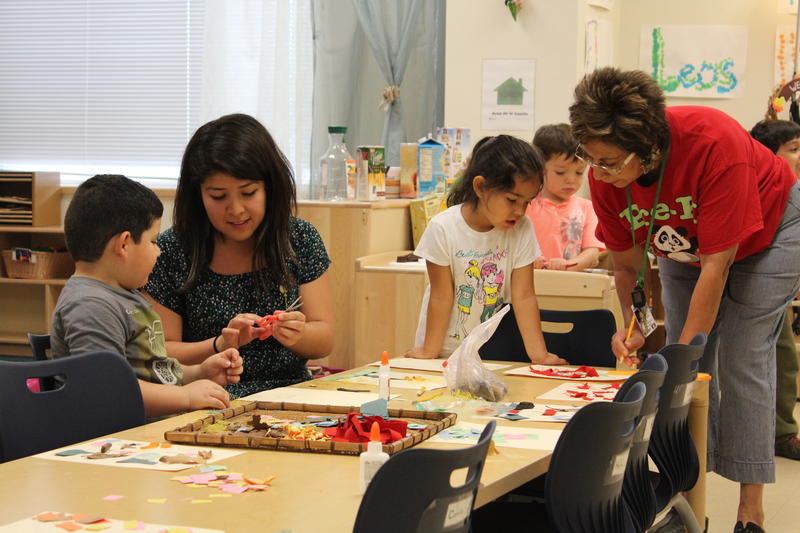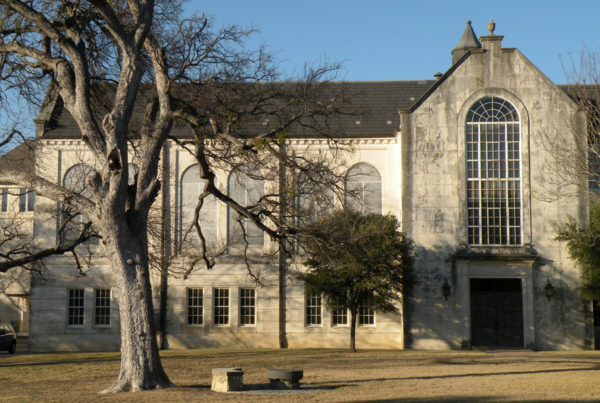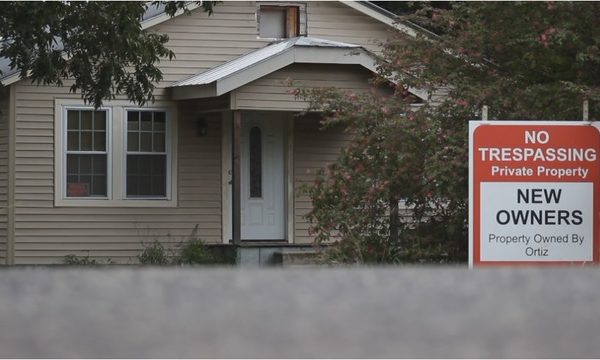The Standard’s news roundup gives you a quick hit of interesting, sometimes irreverent, and breaking news stories from all over the state.
A new survey shows Texas school districts are feeling the effect of state funding cuts to prekindergarten programs. Back in 2017, the state legislature eliminated roughly $150 million in funding. That included $118 million for the High Quality Pre-k Grant program Governor Greg Abbott championed.
“And our survey of school districts found that the legislature’s decision hurt students in a lot of ways and hurt districts in a lot of ways,” says David Feigen with Texans Care for Children.
The advocacy group surveyed 95 school districts in 49 counties, accounting for two of every five kids enrolled in pre-k in the state.
He says 62 percent of those districts said the loss of pre-k funding negatively impacted their programs at least a “moderate amount.”
“While 38 percent said the cuts had a lot or a great deal of impact, so that’s really significant,” Feigen says.
Some of the challenges they faced include needing to reduce spending on instructional coaching and staff compensation, as well as lay-offs. And Feigen explains these negative effects were felt beyond pre-k.
“And we also found that these cuts impacted programs outside of pre-k because those funding streams were tapped to fill the gaps that had been left in pre-k. So we saw student-to-teacher ratios increase in the K-12 side as well,” He says.
Feigen says districts are largely committed to providing high quality, full-day pre-k – and almost 80 percent would if the state helped fund it.
Texas has long had the highest uninsured rate in the country, but a new study wanted to take a closer look at exactly who these estimated 4.7 million Texans are. Elena Marks is the president and CEO of the Episcopal Health Foundation, which released the report Wednesday. She says most Texans who don’t have health coverage are part of working families.
“Well, it’s about two-thirds and we wanted to call attention to that fact because there’s often this misconception that people who are uninsured are somehow lazy or not doing what they should be doing to care for themselves and their families. And what this data show is that the vast majority of these people are in working families,” Marks says.
It found that the three most common industries that employ uninsured Texas adults are construction, wholesale and retail trades, and arts/entertainment/recreation services.
The group estimates that 15 percent of uninsured Texans are actually eligible for programs such as Medicaid and the Children’s Health Insurance Program. Another 17 percent are eligible for premium tax credits for plans available through the Affordable Care Act Marketplace.
The report also examines demographics of the state’s uninsured population. It 61 percent of Texans without health insurance are Hispanic, while 24 percent are white and 10 percent are black. Two-thirds of the uninsured in Texas are U.S. citizens.
More than two decades after her untimely death, Tejano superstar Selena Quintanilla-Perez lives on in the hearts of fans the world over — and now her legacy will live on in a new series on Netflix.
Yesterday, the steaming giant released a trailer for the upcoming original show — to be called “Selena: The Series.“
💞Bidi Bidi Bom Bom💞 @SelenaLaLeyenda incredible life story is coming to Netflix as a scripted series! @selena_netflix was developed alongside and will be executive produced by The Quintanilla family #NetflixNewsWeek pic.twitter.com/bDYVaxnkSC
— Selena Quintanilla (@SelenaLaLeyenda) December 11, 2018
Although no casting decisions have been announced, the Quintanilla family will serve as the show’s executive producers. The program is described as a coming-of-age story following the life of Selena, who was tragically killed in 1995 by the president of her fan club.














